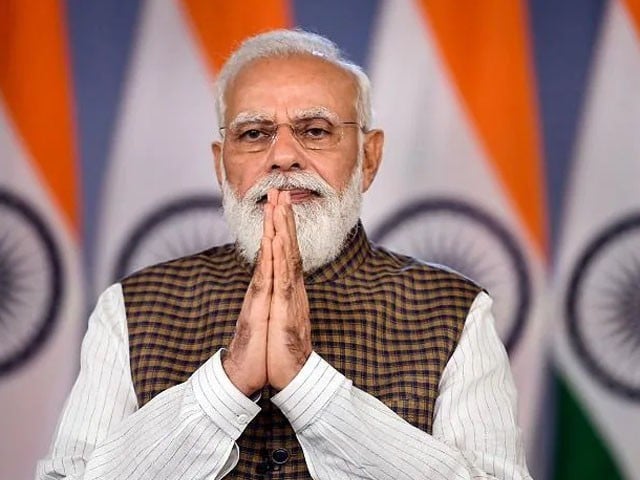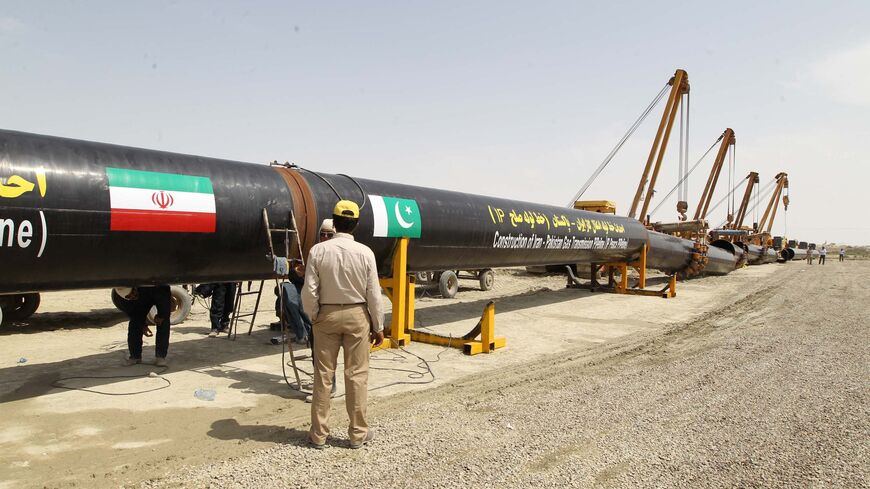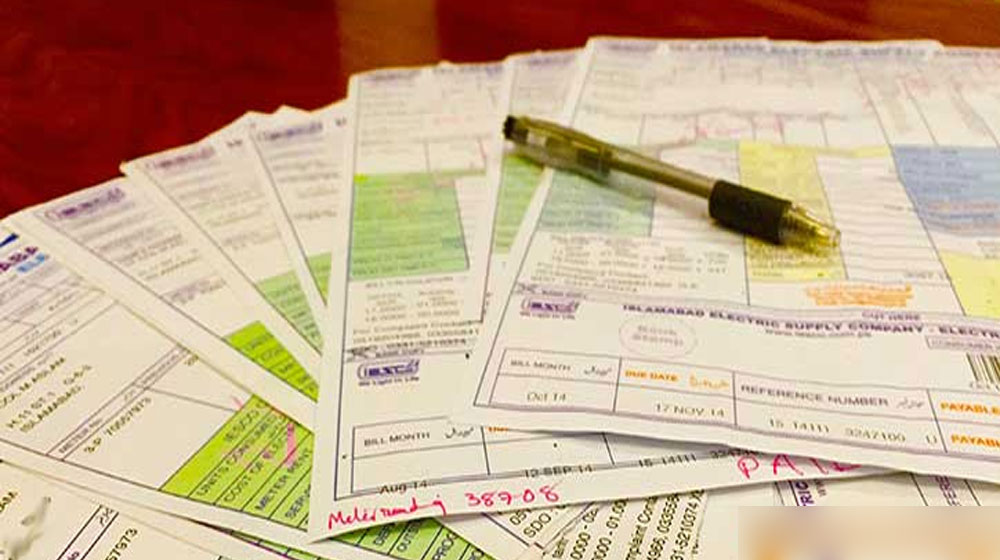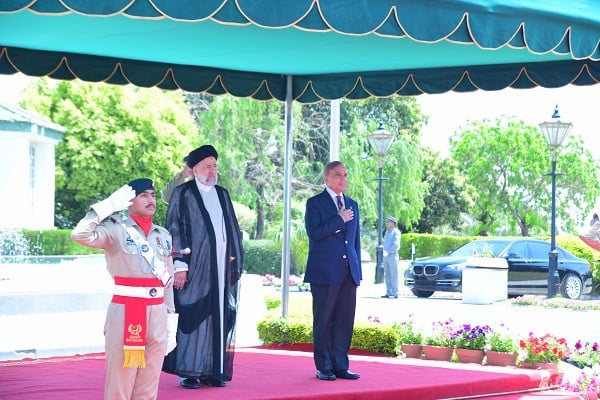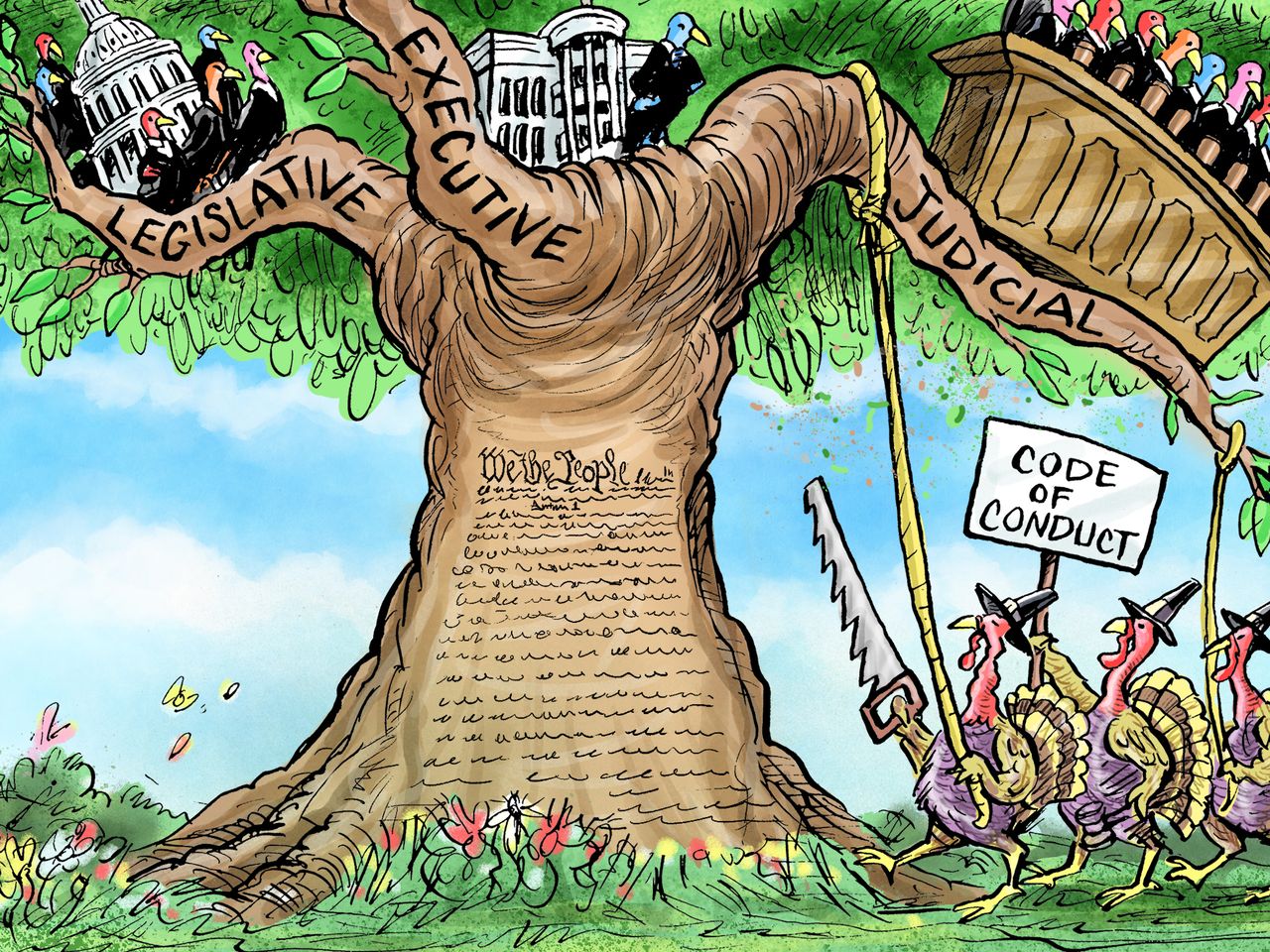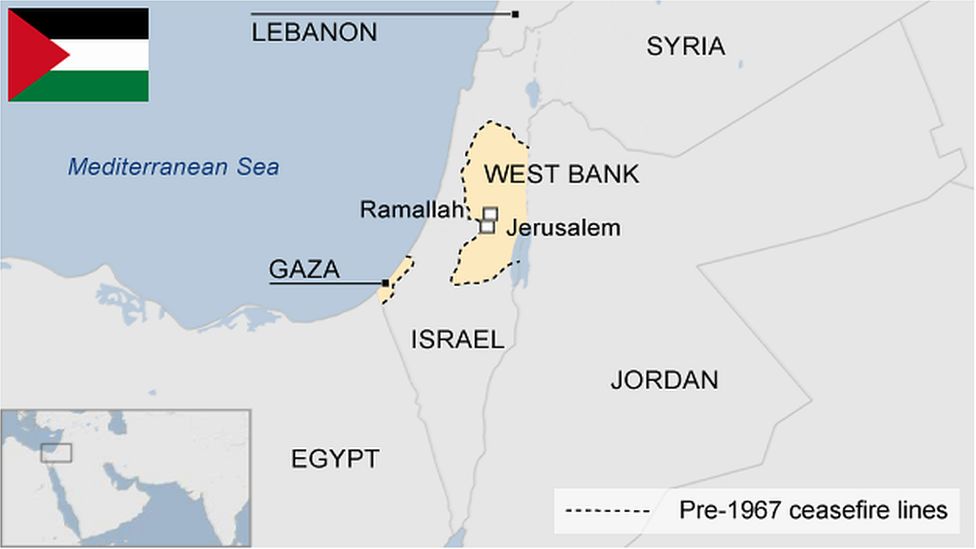It’s time to address the elephant in the room – the Al-Qadir Trust corruption case that has ensnared Imran Khan and property tycoon Malik Riaz. The £190m settlement between Riaz and the UK’s National Crime Agency, following a probe into his assets for “dirty money,” is at the centre of this multibillion-rupee case. But what’s even more concerning is the fact that Pakistan itself chose not to benefit from this windfall. Despite the government’s claims of holding the corrupt accountable and recovering ill-gotten gains, the PTI administration allowed Riaz to benefit from the forfeited funds. When £140m was repatriated to Pakistan, it was used to settle Riaz’s pending land dues worth Rs460bn. This liability arose after his company, Bahria Town, illegally acquired thousands of acres of public land in Karachi, as determined by the Supreme Court.
The case underscores the deep-rooted corruption and nepotism that continue to plague Pakistan’s political and economic landscape. It’s ironic that Imran Khan, who came to power on an anti-corruption platform, is now embroiled in a case that epitomizes the very corruption he vowed to eliminate. The fact that Riaz was allowed to benefit from the forfeited funds is a glaring example of how the system is rigged to favour the powerful and the wealthy.
Moreover, the case highlights the failure of successive governments to tackle the issue of money laundering and illicit financial flows. The NCA’s probe into Riaz’s assets is just the tip of the iceberg. Pakistan has consistently been ranked among the countries with the highest levels of money laundering and financial crime. Despite this, the government has yet to take concrete steps to address the issue. The lack of political will and the cosy relationship between the ruling elite and the business community have contributed to the continued prevalence of financial crime in the country.
It’s high time that Pakistan takes concrete steps to address the issue of corruption and financial crime. The first step is to ensure that those who engage in corrupt practices are held accountable, regardless of their political affiliations or social status. The second step is to strengthen the regulatory framework and institutions responsible for combating money laundering and illicit financial flows. This includes implementing international best practices, enhancing cooperation with foreign agencies, and ensuring the independence of regulatory bodies.
In addition to this, the government needs to take steps to increase transparency and accountability in the public sector. This includes strengthening the institutions responsible for ensuring transparency and accountability, such as the National Accountability Bureau and the Federal Investigation Agency. The government should also introduce legislation to protect whistleblowers and encourage civil society organizations to play a more active role in monitoring the government’s activities.
Acquire our monthly English and Urdu magazine promptly by accessing the Daraz App hyperlink!
https://www.daraz.pk/shop/3lyw0kmd
Finally, the government should focus on improving the country’s economic and social indicators. Poverty and inequality are major drivers of corruption and financial crime. By addressing these issues, the government can reduce the incentives for engaging in corrupt practices and promote inclusive growth.
The colossal $3 billion payment into the Supreme Court account was meant to be a momentous achievement, but the veil of secrecy surrounding its payment schedule would make a spy blush. The public has every right to know whether the instalments are being made as specified by the court, yet the matter remains shrouded in mystery. The Supreme Court itself may need to shed some light on the situation.
In the meantime, the coalition government is skilfully diverting attention from the elephant in the room: Malik Riaz, the property magnate with well-known links to the power elite. The Al-Qadir Trust corruption case revolves around his £190m settlement with the UK’s National Crime Agency after an investigation into his ‘dirty money’ assets. And while the NCA normally returns such ill-gotten gains to the affected countries, the Pakistani government allowed Mr Riaz to benefit from its return instead of returning it to the state’s coffers. It was used to pay off Mr Riaz’s outstanding land settlement dues, imposed by the Supreme Court after his real estate firm, Bahria Town, was found to have illegally acquired thousands of acres of public land in Karachi.
But the story does not end there. Allegedly, Mr Riaz gifted billions of rupees and hundreds of kanals of land to former premier Nawaz Sharif and his wife for their Al-Qadir Trust in exchange for Mr Khan’s help in benefiting from the forfeited millions. The fact that such a travesty of justice could happen in the first place raises the question of why it was allowed to occur. This is a question that should have been asked long ago.
It seems that the government is more interested in sweeping the matter under the rug than in exposing the truth. The alleged involvement of Mr Riaz, a well-known figure in the corridors of power, is too explosive to be ignored. Yet the coalition government seems content to focus solely on the alleged deal between Mr Riaz and the Sharifs, deliberately ignoring the larger issue at hand.
It is time to pull back the veil of secrecy surrounding this case and demand accountability from those in power. The Pakistani public deserves to know the truth about the Al-Qadir Trust corruption case and the government’s role in allowing such a travesty of justice to occur. The Supreme Court, as the ultimate arbiter of justice, has a responsibility to ensure that justice is served and that those responsible are held accountable.
The fact that such a case could happen in the first place is a testament to the deep-seated corruption that plagues Pakistani politics and society. Until we are willing to confront this corruption head-on, cases like the Al-Qadir Trust corruption case will continue to occur, and the Pakistani public will continue to suffer the consequences. It is time for a change, and it is time for the truth to be exposed.
In conclusion, the Al-Qadir Trust corruption case is a wake-up call for Pakistan. It’s time for the government to take concrete steps to address the issue of corruption and financial crime. This includes holding the corrupt accountable, strengthening regulatory frameworks, promoting transparency and accountability, and improving economic and social indicators. Failure to do so will only perpetuate the cycle of corruption and hinder the country’s progress towards prosperity and stability.
Read more:







































